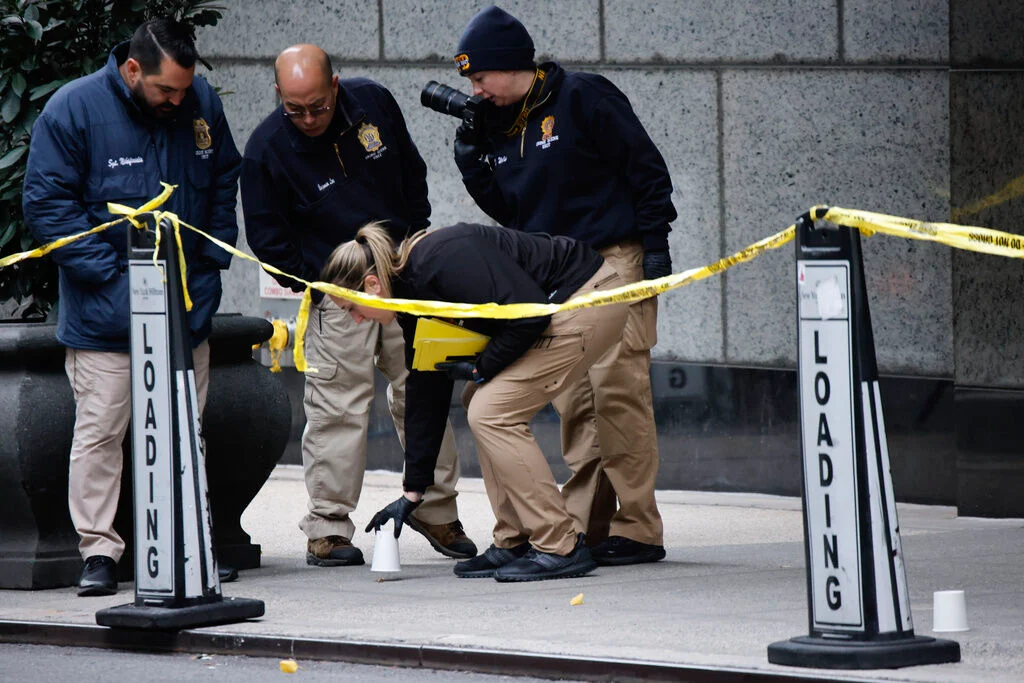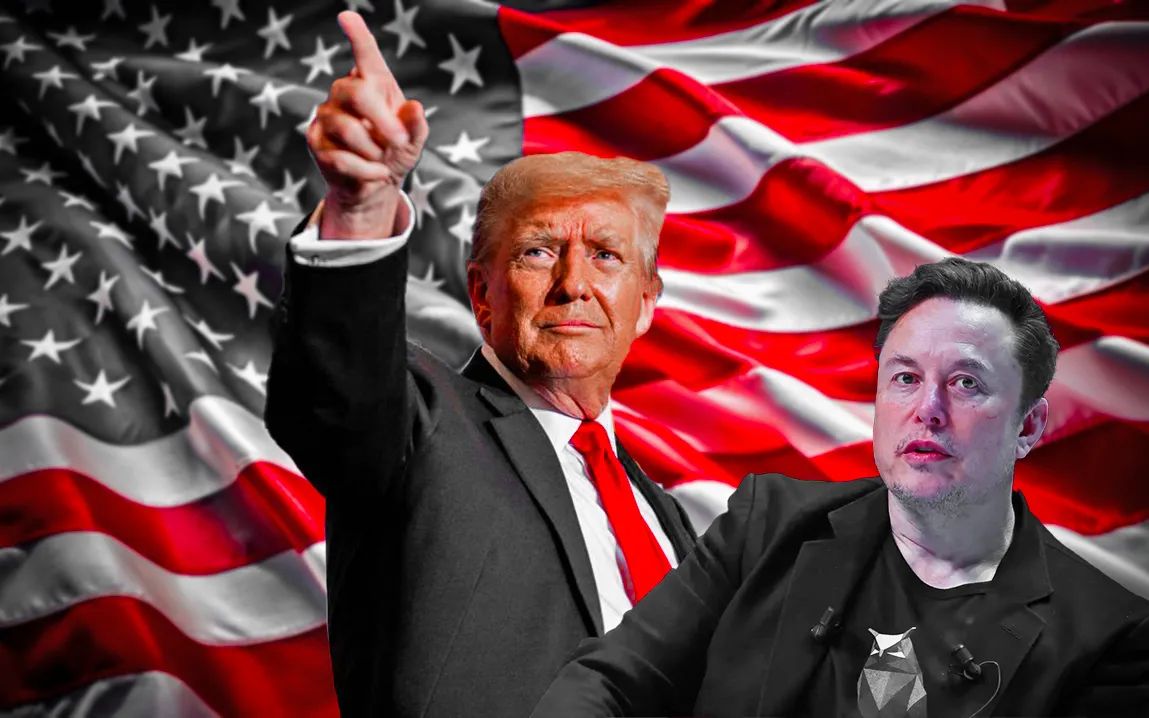December 2024 – The killing of UnitedHealthcare CEO Brian Thompson has sparked heightened security measures across multiple industries, particularly within healthcare.
Thompson was fatally shot outside his New York hotel on December 4, 2024, a killing believed to be motivated by anti-insurance sentiments. In the aftermath, threats against healthcare executives have surged. “Wanted” posters featuring health leaders’ faces have appeared on New York streets, and online hit lists have circulated, intensifying fears of further violence.
Heightened Security Across Industries
In response, health insurers have taken drastic measures. Company websites have removed photos and biographies of top executives, and in-person events like investor meetings have been shifted online. Companies including CVS and Centene Corp. have closed offices or advised remote work for their staff. The increased security measures underscore the growing concern over executive safety in an increasingly volatile atmosphere.
Investigations and Threats Against the Industry
Authorities believe the shooter, Luigi Mangione, had personal grievances with the U.S. healthcare system, which may have motivated the attack. Mangione, arrested in Pennsylvania, is facing charges of murder. Meanwhile, security consultants have seen a rise in inquiries, reflecting a broader trend of executive protection becoming a priority.
Security experts emphasize the significance of this event, noting that even minor threats could escalate into real danger. As Dave Komendat, a former Boeing security chief, warns, “The tone and tenor is different. People need to take this seriously.” This tragic event has prompted a reevaluation of how companies approach the safety of their leaders and employees in high-risk sectors.
A Shift in Corporate Security Spending
The impact of Thompson’s killing is likely to reshape corporate security. While the cost of protecting top executives has risen significantly in recent years, security experts anticipate further increases. For many companies, this event highlights the risks posed by online vitriol and the real-world consequences it can have. The heightened security measures are expected to make executives more difficult to access, potentially straining relationships with customers and employees alike.




